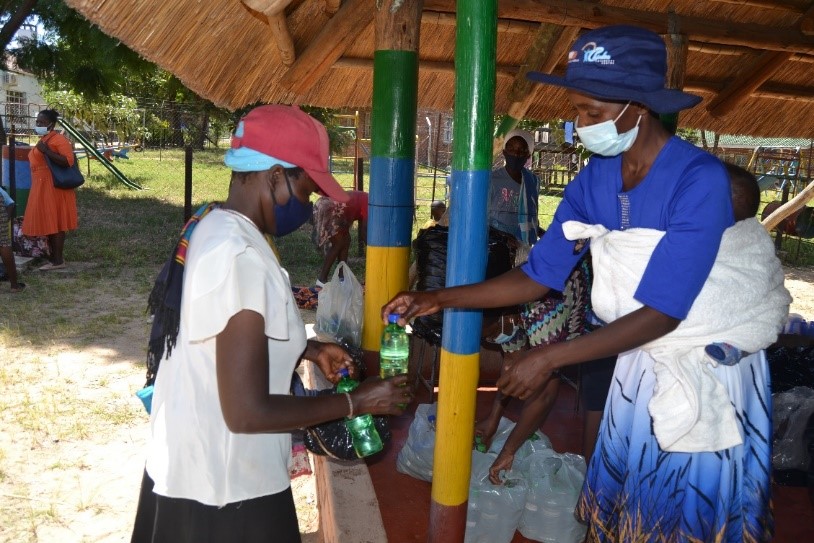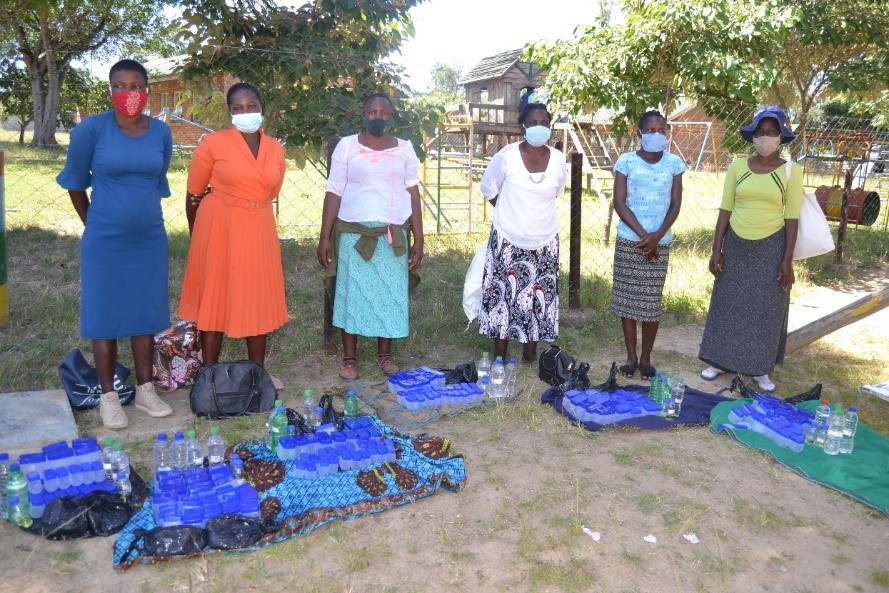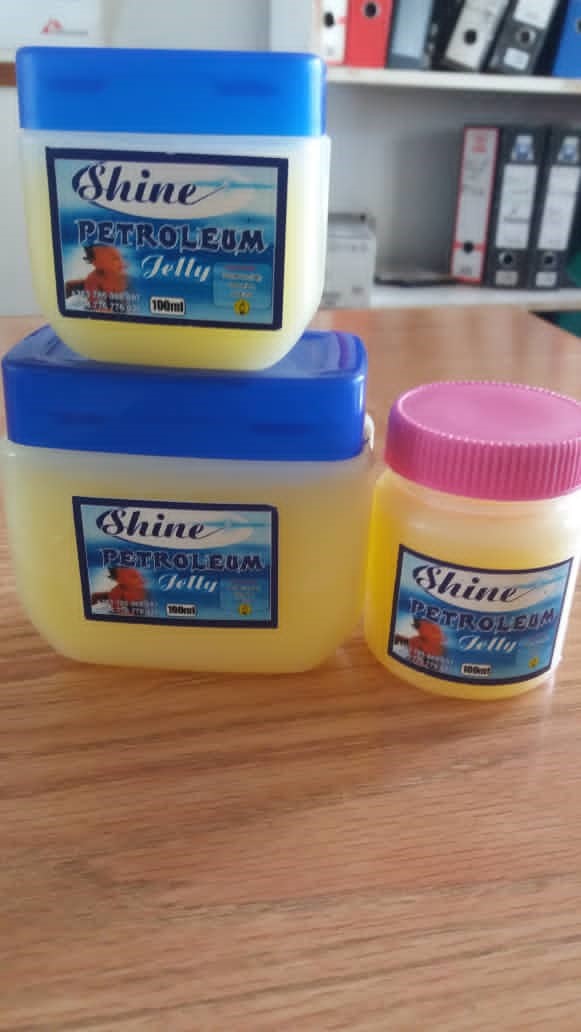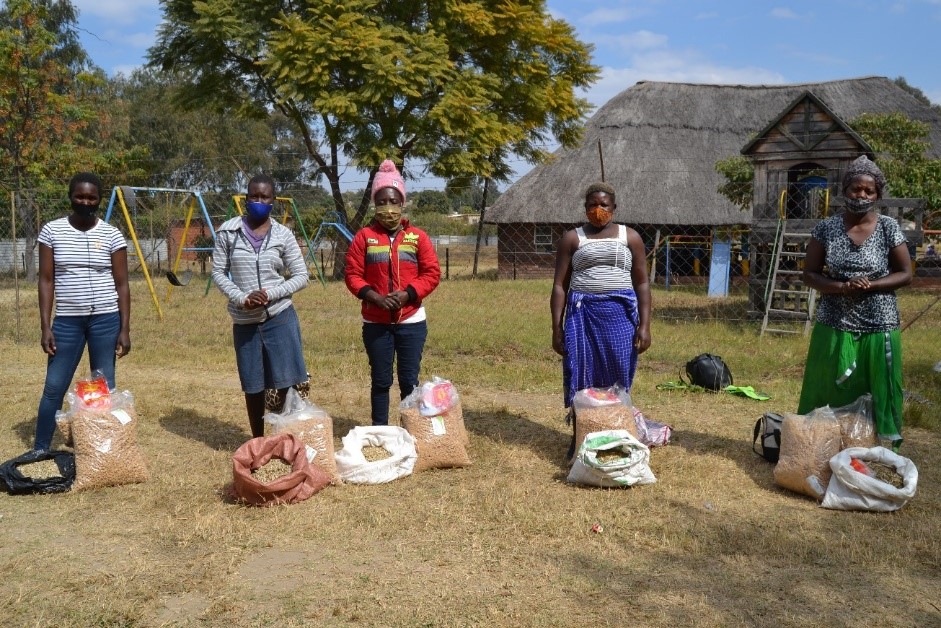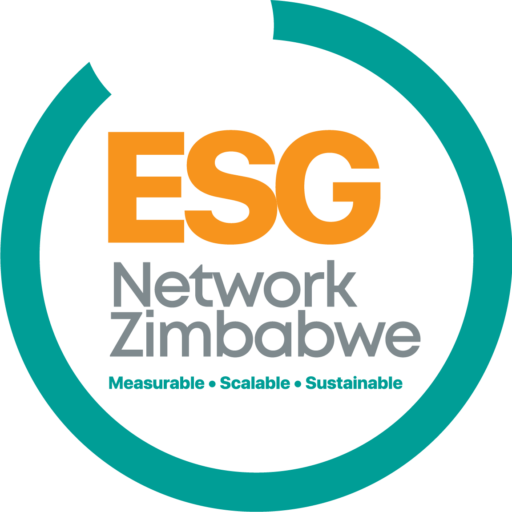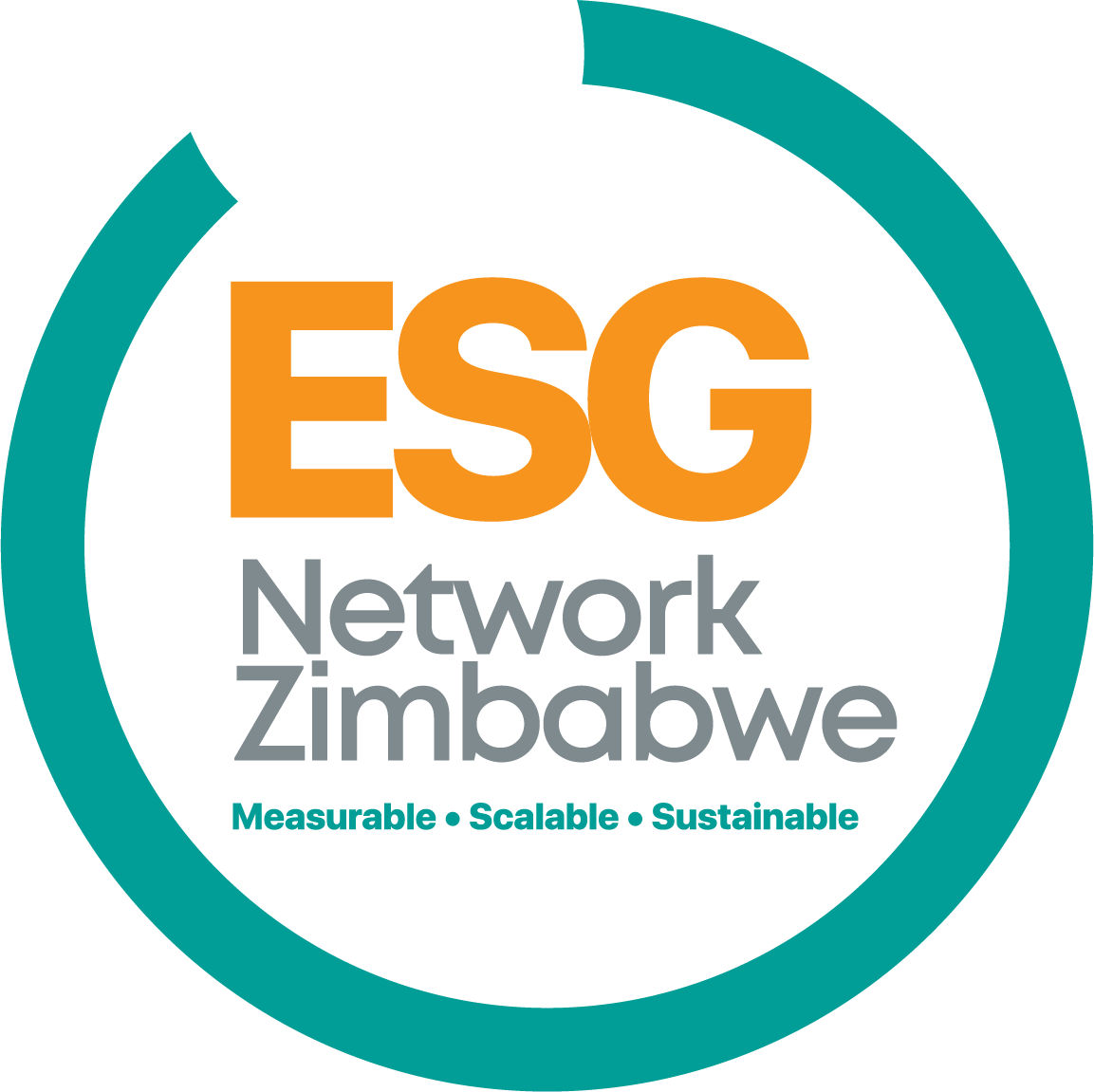Coca-Cola Zimbabwe has embarked on a project aimed at resuscitating various income generating projects being run by 150 women in Harare South District worth over ZW$500,000.
This followed the negative impacts of COVID-19 induced lockdowns and other restrictions introduced by government to control the pandemic on the projects of the targeted beneficiaries. These made it difficult for the women to continue running viable projects and provide basic needs for their families.
“The donation is to help greatly affected women who were now struggling to get back into business. Those who had managed to start something were doing so at a very small scale. The women pointed out that given the economic challenges facing people currently, business was generally low, and they had learnt that it was now wise to focus on what people considered as basic needs such as food,” said Patricia Murambinda, General Manager, Corporate Affairs at Delta Corporation.
The donation was made under the Coca-Cola Women Empowerment Programme formally known as the Coca-Cola 5 by 20. The Coca-Cola Company’s program seeks to help 5 million female entrepreneurs across the world and 3,000 in Zimbabwe—from fruit farmers and artisans to recyclers and retailers —become part of our value chain. Over 3.2 million women in 92 countries have started businesses as part of the 5by20 program. Women invest much of their income into their local economies.
“When we help women, we help communities. There is overwhelming evidence that achieving equality and empowerment for women has broad ripple effects that are good for society. As pillars of their communities, women invest a sizable portion of the income they earn on the health and education of their children and in their local economies, creating a tremendous economic impact” added Patricia.
Coca-Cola through its bottler, Delta Beverages is working to empower women small business owners throughout its supply chain. This will help address the most common barriers women face when trying to succeed in the marketplace. That includes offering women access to business skills training courses, financial services and connections with peers or mentors –along with the confidence that comes with building a successful business.
“Achieving our women’s empowerment vision depends on building scalable models and powerful partnerships. We take great care in collaborating with our partners to build great local programs and scale the most successful ones. We believe this customised approach is the best way to ensure lasting empowerment” said Patricia.
The assessment of the projects being availed today was based on the women’s recommendations. The organisation went on to procure items required to boost the women’s projects. These included petroleum jelly making ingredients and packaging bottles as women in this business had indicated that it was a viable project for them as families needed the product for their children including adults. They highlighted that they had a comparative advantage over formal traders since their charges were a bit lower. Dried kapenta, soya chunks and packaging were also procured following indications from the women that these were also good for business in their areas.
Forty-six women benefitted from the petroleum jelly making materials whilst 107 received the dried kapenta and soya chunks for resale. The women were very grateful for this support which they said came at a time when they really needed it as there were few donors willing to support them. They all promised to work hard in trying to get their projects back in shape despite the other prevailing challenges.
Project Outcomes
Ongoing monitoring after the support has revealed that the women’s projects responded well to the boost, they managed to grow their projects resulting in improved household incomes. This has translated to improved access to basic needs for children in these households. The women continue to show gratitude for what the organisation has done for them as they are now economically empowered and are able to cater for their children’s basic needs. The COVID-19 disruptions had seen women stop contributing to their savings groups as they could no longer afford to do so. Following the intervention, the women have resumed the savings clubs creating for themselves another source of boost up capital.
